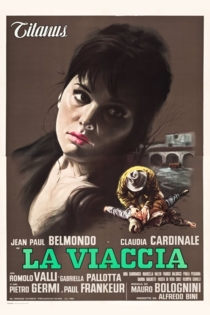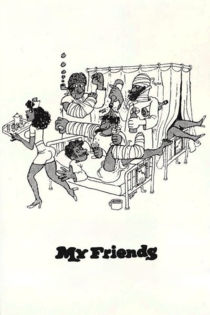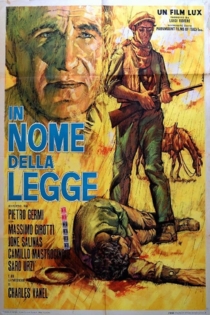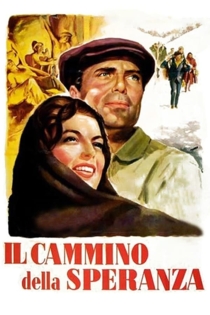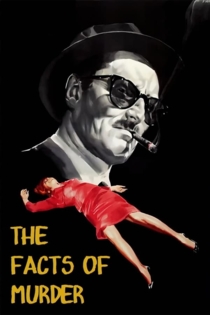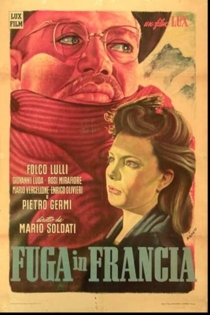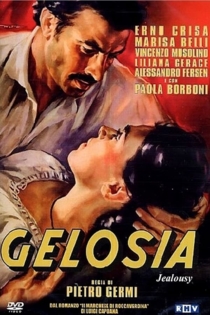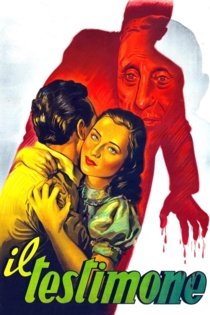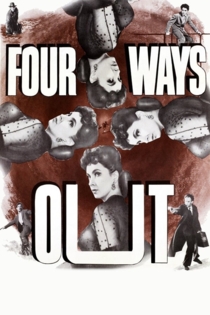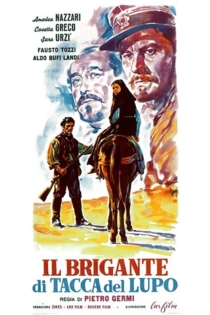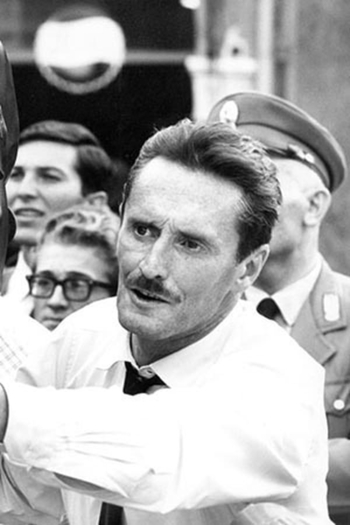
Pietro Germi
1914 - 1974Pietro Germi (14 September 1914, Genoa - 5 December 1974) was an Italian actor, screenwriter, and director. Germi was born in Genoa, Liguria, to a lower-middle class family. He was a messenger and briefly attended nautical school before deciding on a career in acting.
He studied acting and directing at Rome's Centro Sperimentale di Cinematografia. During his time in school, Germi supported himself by working as an extra, bit actor, assistant director, and, on occasion, writer. Germi made his directorial debut in 1945 with the film Il testimone. His early work, this film included, were very much in the Italian Neorealist style; many were social dramas that dealt with contemporary issues pertaining to people of Sicilian heritage.
Through the years, Germi shifted away from social drama towards satirical comedies, but retained his loved element of the Sicilian people. In the 1960s, Germi received worldwide success with the films Divorce, Italian Style, Seduced and Abandoned, and Signore e Signori. The latter is better known in the English-speaking world as The Birds the Bees and the Italians. He was nominated for Academy Awards in both directing and writing for Divorce, Italian Style, and, subsequently, won in the writing category. He also won the Grand Prize at the Cannes Film Festival for Signore e signori.
Germi collaborated on the scripts for all the films he directed and appeared as an actor in a few of them. He died in Rome of hepatitis on 5 December 1974.
Seduced and Abandoned
Pietro Germi
Stefania Sandrelli, Saro Urzì
The film presents the tale of Agnese Ascalone, daughter of prominent miner Vincenzo Ascalone, and takes place in a small town in Sicily. Agnese is seduced by her sister Matilde's fiance, and has a tryst with him for which she confesses and tries to repent, only to be discovered by her mother and father. The film is a dark satire of Sicilian social customs and honor laws, and is very similar to Divorce, Italian Style.
Seduced and Abandoned
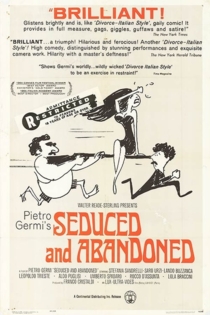
Divorce Italian Style
Pietro Germi
Marcello Mastroianni, Daniela Rocca
Ferdinando Cefalù is desperate to marry his cousin, Angela, but he is married to Rosalia and divorce is illegal in Italy. To get around the law, he tries to trick his wife into having an affair so he can catch her and murder her, as he knows he would be given a light sentence for killing an adulterous woman. He persuades a painter to lure his wife into an affair, but Rosalia proves to be more faithful than he expected.
Divorce Italian Style
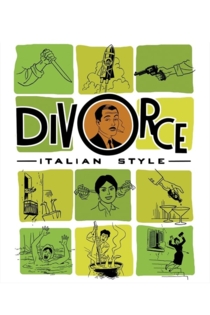
Il ferroviere
Pietro Germi
Pietro Germi, Luisa Della Noce
Train operator Andrea Marcocci has to witness the suicide of a desperate man who jumps in front of his train. Under the influence of this shock he starts making mistakes. A check up by a doctor reveals that he's at the brink of becoming an alcoholic. Due to this evaluation he is degraded and must accept a salary cut.
The Railroad Man
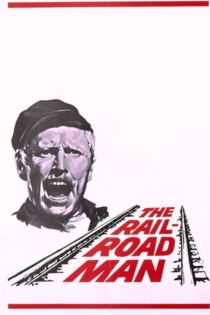
The Birds, the Bees and the Italians
Pietro Germi
Virna Lisi, Gastone Moschin
An anthology film that presents three storylines, all set in the Italian town of Treviso. In the first story, a husband pretends to be impotent as a cover for having an affair. In the second, a bank clerk abandons his wife for his mistress, but the rest of the town's husbands become jealous and unite to conspire against them. In the third, men of the town all seduce a promiscuous teenager, but her father eventually reveals that she is underage, and they face prosecution for statutory rape.
The Birds, the Bees and the Italians
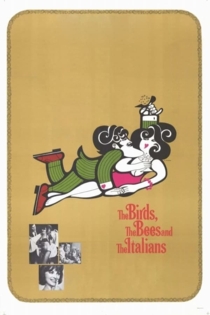
L'uomo di paglia
Pietro Germi
Pietro Germi, Franca Bettoia
Andrea Zaccardi has returned home from hunting. He and his wife Luisa are very close. Their young son Giulio develops a cough. The doctor recommends the seaside. Luisa leaves with Giulio for several weeks. Andrea stays to work at the metal shop.
Man of Straw
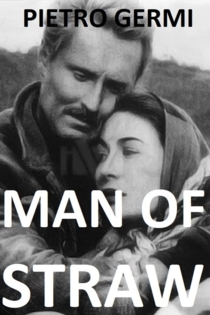
Marcello, una vita dolce
Annarosa Morri, Mario Canale
Marcello Mastroianni, Anouk Aimée
After shooting to fame with Federico Fellini’s “La Dolce Vita” (1960), actor Marcello Mastroianni (1924-1996) starred in more than 160 films in his nearly half-a-century career. Directors Mario Canale and Annarosa Morri look into the melancholic charm of one of the most famous Italian actors through interviews with his two daughters, Barbara and Chiara; directors Fellini and Luchino Visconti; actresses Claudia Cardinale and Anouk Aimee; and in archival footage of Mastroianni himself. The subject matter ranges from Mastroianni’s passion for kidney-bean pasta and his addiction to the telephone to his famous laziness, humility and talent. Shown in black-and-white, Mastroianni — elegantly holding a cigarette in between his fingers — is undeniably the dandy.
Marcello, una vita dolce

La Viaccia
Mauro Bolognini
Jean-Paul Belmondo, Claudia Cardinale
The death of a wealthy patriarch in 1885 sets off an interfamily power struggle. Son Ferdinando buys out his other relatives in order to gain full control over the dead man's property. But Ferdinando's nephew Amerigo holds out. Amerigo's stance is weakened when he heads for Florence and meets prostitute Bianca.
The Lovemakers
